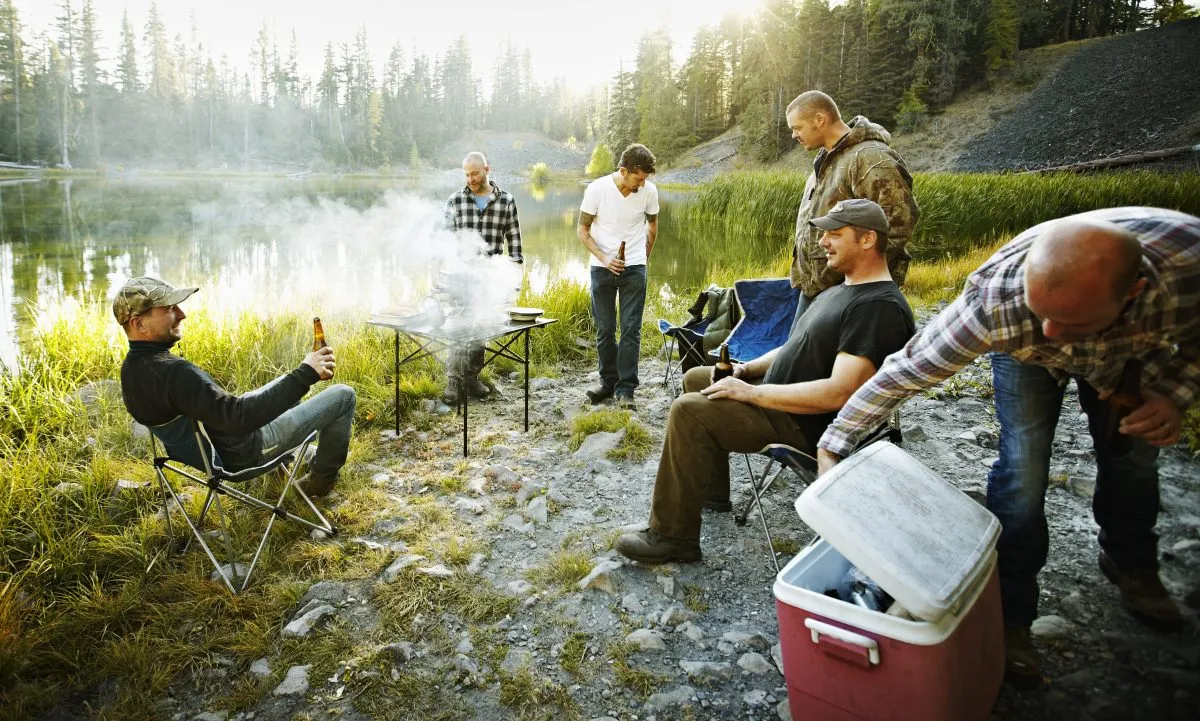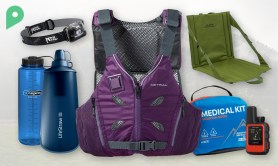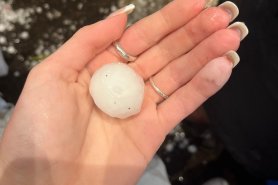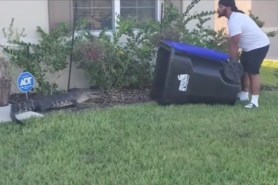

To drain or not to drain. . . that is the question.
Videos by Outdoors
Okay, it is not quite the life affirming ponderance that Hamlet had to open Act 3 of the same-named Shakespeare play. That does not mean it should be dismissed. Draining the water from the cooler has long-been a question that many ask.
There will exist debate on both sides. That said, there are a couple of definitive times to ditch the water. Here are three, plus a warning you should take note of.
Definitely drain the water, when:
You are about to add more ice.
This is among the simplest and most definitive reasons to drain the water. If anyone tells you otherwise, un-invite them to the next outing. The water in the cooler is naturally warmer than the remaining ice — otherwise it would not have melted. Adding new ice to the water will only speed up the new melt. What is the point of that?
There is also the practical application: Why would you not create more room for ice? This is a no-brainer. Drain the water.
You spilled something in the cooler.
This is a common courtesy and a house rule. If you packed properly, there are only few things that you are going to have in the cooler that would even spill. However, if you go rouge and decide to take salsa, that is up to you. If it spills rest assured that no one wants to fish their hands through that water to get their next mixer.
A spill is not an ideal situation — and maybe salsa is dramatic — but it applies. No one wants soggy chips on their hands, old banana slices, or whatever else you may pack. Get that water gone.
You are about to leave.
There is no reason to be a hero at this point. Your trip went great and it is time to close down camp to head home. By this point most everything should be gone, so why do you even need that water?
Drain it before you are set to pull out and save the headache of lugging the extra weight.
Definitely do not drain, if:
You do not qualify for those other three reasons!
Sure, that seems simple. Yes, it is a broad brush. It is intended as such.
The ice-water mix is still colder and therefore more beneficial than the air that you are going to add in that space. Some may argue that removing the water — if you still have a lot of ice remaining — is beneficial. The goal is keeping your supplies cold and it is very rare that the ambient air temperature is going to be colder than the ice-water mix. Sure there are some exceptions but we are looking for the norm; not the exception.
So, if you are not about to (1) add more ice; (2) did not spill anything; or (3) about to leave, you do not drain the water.









